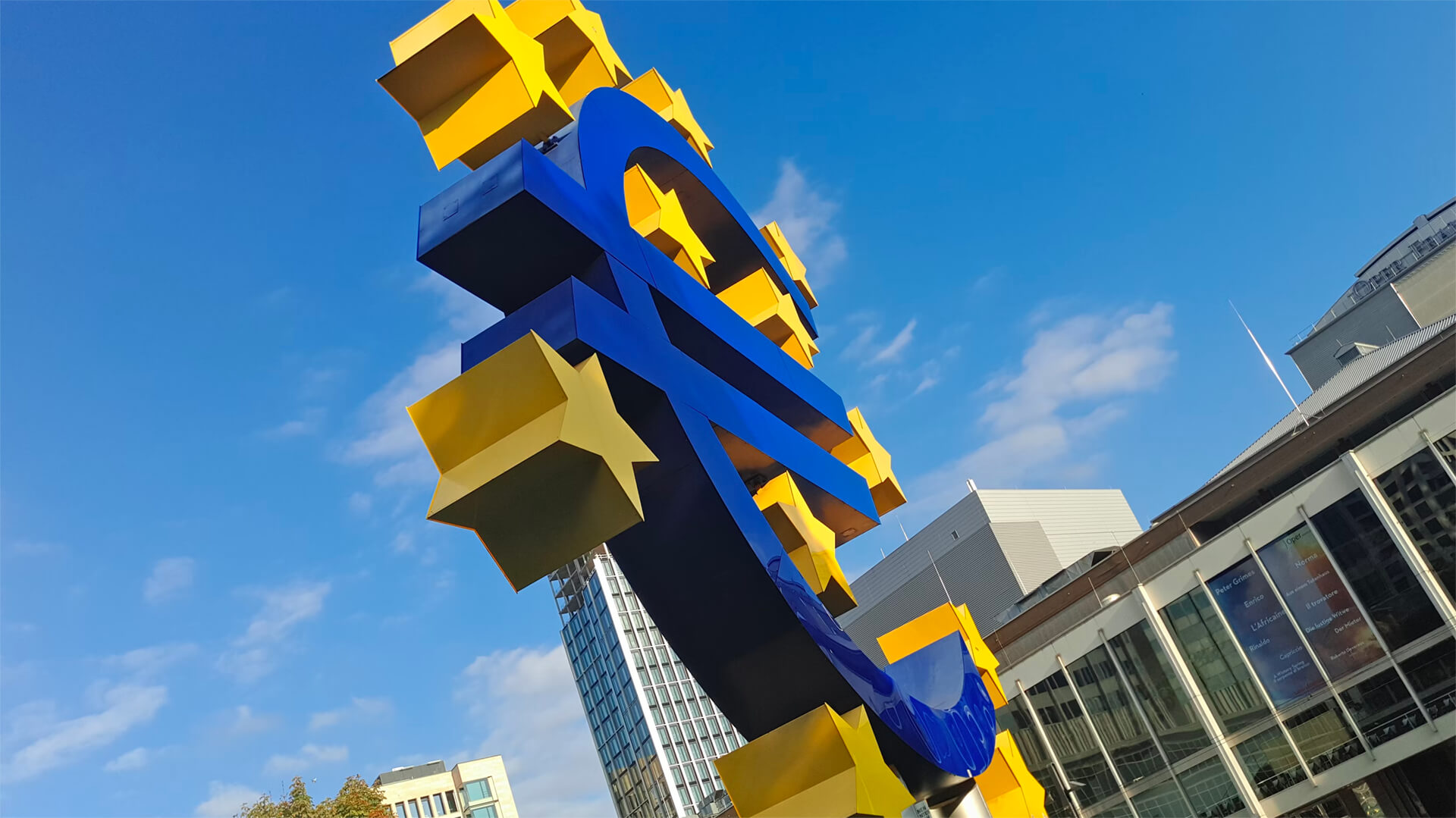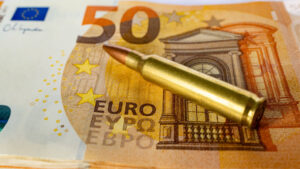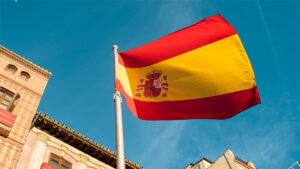The fate of the European Union will likely be decided in the coming week; if that doesn’t pique your interest, I’m not sure what will.
The meetings are set, and there’s plenty on the docket; now it’s time for the peaceful EU that has existed since WWII to face the music. To keep up with the times, the EU must rework its rule of law, fix the corruption issues, move away from its focus on agricultural subsidies, and eliminate single-member vetoes.
Once those issues have been addressed, admitting new members – primarily those under Russian threat – will help the EU balance its economic and military strengths.
The EU is a square peg trying to fit in a round hole, and if it can’t round out those edges, its 27 member states are in for a shit-storm.
Here at Zeihan On Geopolitics we select a single charity to sponsor. We have two criteria:
First, we look across the world and use our skill sets to identify where the needs are most acute. Second, we look for an institution with preexisting networks for both materials gathering and aid distribution. That way we know every cent of our donation is not simply going directly to where help is needed most, but our donations serve as a force multiplier for a system already in existence. Then we give what we can.
Today, our chosen charity is a group called Medshare, which provides emergency medical services to communities in need, with a very heavy emphasis on locations facing acute crises. Medshare operates right in the thick of it. Until future notice, every cent we earn from every book we sell in every format through every retailer is going to Medshare’s Ukraine fund.
And then there’s you.
Our newsletters and videologues are not only free, they will always be free. We also will never share your contact information with anyone. All we ask is that if you find one of our releases in any way useful, that you make a donation to Medshare. Over one third of Ukraine’s pre-war population has either been forced from their homes, kidnapped and shipped to Russia, or is trying to survive in occupied lands. This is our way to help who we can. Please, join us.
Transcript
Hey everybody. Peter Zeihan here coming to you from Cape Cod, where we have to talk about the EU, European Union. You use a group of states, 27 of them right now, who have kind of thrown their lot together to form an economic grouping so they can economically be a bigger power on the world stage. And they’re starting to discover that economics without military power have a problem.
So they’re looking to their east, and they see a whole lot of states that are either directly threatened by the Russians are at war with them, like, say, Ukraine, and they’re coming to the conclusion very quickly that if they don’t let these countries into the EU, it’s going to actually cost them more the long run. So on the 5th of October, they are meeting with all of these governments to see what they can do.
And then on the following day, all the Europeans are meeting without the potential new members to figure out what they need to change about the EU in order to let these countries in. The issue is the identity of the European Union has always been a peace project in the aftermath of World War Two. They tried to create a Europe that was United, free and at peace, and it broadly worked.
But that environment is now gone and things need to change. So the biggest problems they have, or there’s two big ones. Number one, a lot of these states have weak rule of law and are fairly corrupt. And number two, a lot of them are heavily agrarian and courtesy of some of the evolutions of the EU early in its development.
Until very recently, over half of all EU funds were given as agricultural subsidies. That’s down to about a third now, but still a huge chunk of the budget. And all of these countries would basically absorb every scrap of cash that the EU would have. In addition, EU decision making is founded on national vetoes for any sort of big issue like enlargement or taxes.
So tiny little Greece can veto, for example, Greek bailout terms that they don’t like, which has led to the organization kind of being an institutional pygmy when anything real is involved and they tend to squabble about the most irrelevant things, such as, say, cheese policy. So if this is going to work, if the EU is going to matter, if the EU is going to survive, a lot of this needs to change and it’s not necessarily the countries that they’re looking to admit that need to do most of the changes.
They need to get rid of a single member vetoes, which means countries like France can’t shape the union to their liking anymore. They probably do get a little bit softer and things like rule of law and corruption, which is going to be of a problem because there are already countries in the EU that are backsliding quite a bit with Poland and Hungary being at the top of that list.
And they have to change the financial system so that it’s not just all going to relatively nonproductive of farmers or to big conglomerate farmers in places like Ukraine. So this is one of those situations where the world that the EU was built for doesn’t exist any longer, and they’ve got to decide if the EU can change in order to adapt to that world and shape it on the other side.
And we’re probably going to have a really good idea about that in less than a week. All right. That’s it for me. See you guys next time.








